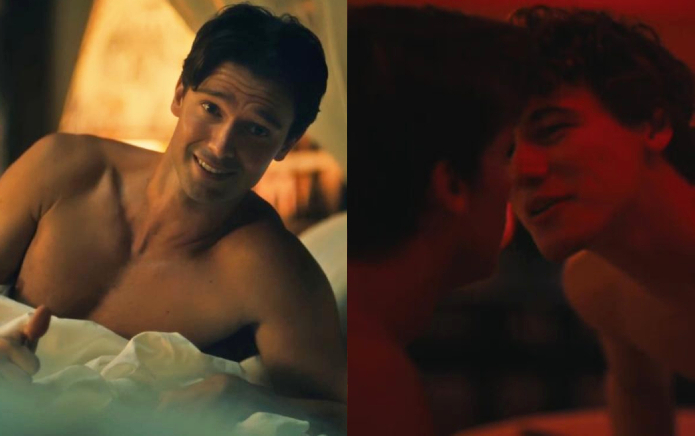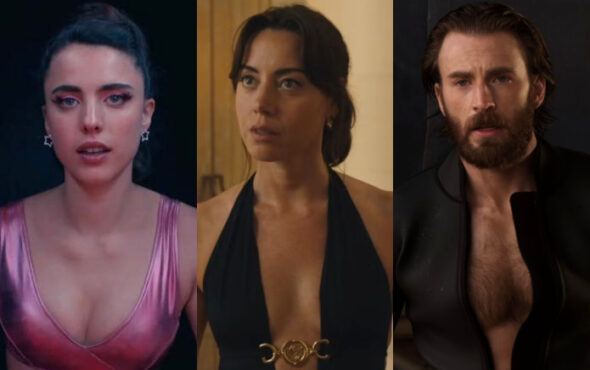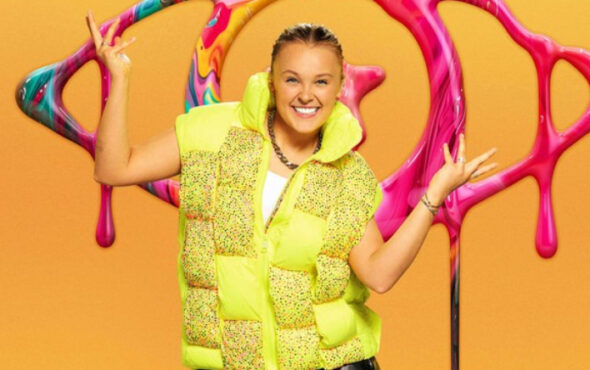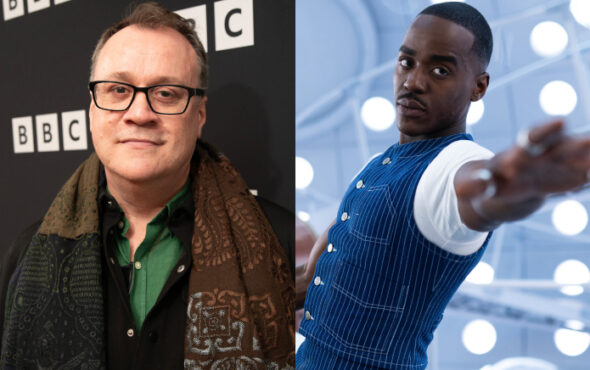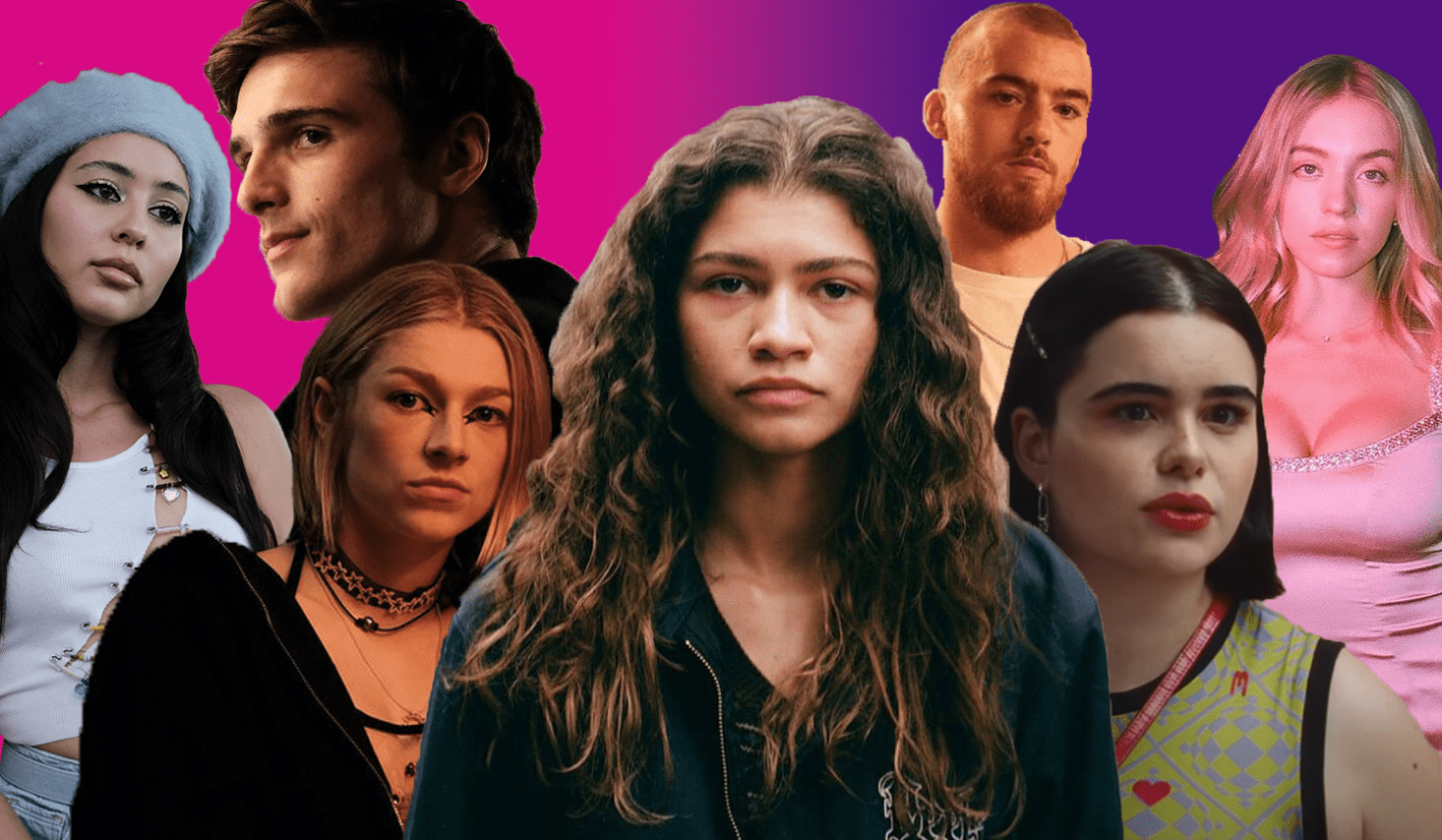
Euphoria first aired in June 2019, two days before I turned 22. An adaptation of an Israeli series with the same name, the series loosely fell into my age category. Although on the older Gen Z spectrum, I was intrigued to see how this high school drama – fronted by former Disney star Zendaya and new actor Hunter Schaffer – would differ from those that came before it. So, when the pilot came around fronting flawed, unfiltered characters and scenes of drug use, sex, abuse and teenage rebellion, it was unquestionably a series anchored in youthful nuance. Euphoria can be likened to previous American high school contemporaries such as Gilmore Girls, Pretty Little Liars and Glee, but it’s a drama that thrives on excess and image. While previous shows knitted out their quirky styles of outfitting, mantras and visual cues, Euphoria pushed past being a shock factor hit packed with teen realism and provocative explicitness to an on-screen phenomenon.
For many, the stark relatability to the characters was enough. Few shows depict teenagers with the coming-of-age nuance they deserve. From the portrayal of a struggling addict Rue Bennet, portrayed by 25-year-old Zendaya, to Jules Vaughn, played by Hunter Schafer, audiences are met with graphic scenes of her sexual experiences with men who she has matches through online apps. Elsewhere, Maddy Perez (Alexa Demie) endured an abusive relationship at the hands of toxic and controlling boyfriend Nate Jacobs (Jacob Elordi). Euphoria has cultivated digital narratives that not only American high schoolers see themselves in, but the show has been made appealing through an attainable aesthetic. Whether it was Rue’s worn out hoodies, Jules’ vibrant colour palette or Kat’s love for chokers, each character’s unique style was tailored to their self-expression and visibility.
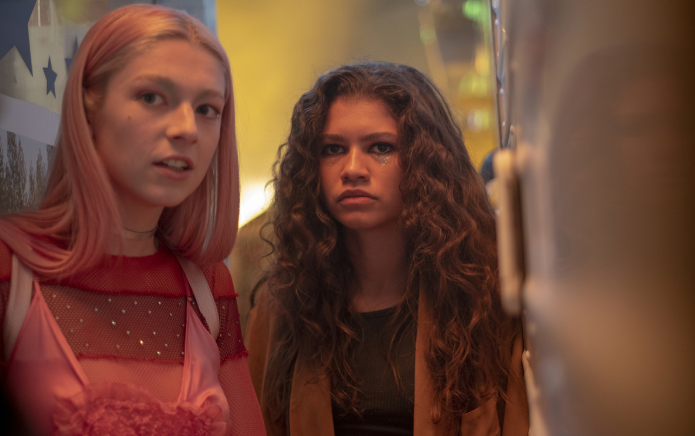
Styling and visuals have been fundamental to Euphoria’s success and its portrayal of queerness and, more significantly, its reinvention of the modern camp aesthetic. As Susan Sontag puts it, camp is an aestheticism that can be deemed a “badge of identity” that blends “extravagance” and “exaggeration”. The 2019 TV show became an unofficial ambassador of this. Euphoria positions a creative intimacy that pushes us to examine the characteristics of each individual further. Its epicene (genderless) make-up style caught on and we later saw Euphoria-inspired looks rehashed online and on the runway. I don’t think any of us forgot how outmatched the series’ eye make-up truly was. Take Rue’s striking golden glitter tears in episode four or Jules’ iridescent eyelashes, it’s a self-aware actioning of camp that strikes a love with subversive “unnatural” styles and reclaims them in brilliant Gen Z flare.
Euphoria’s inherent queerness, outside of the portrayal of sexuality, is also imbued in its visuals. The show is known for its unique stylisation and its translation of emotional realism. Turbulent scenes are guided by ambient coloured lighting (blues and reds) that would wash across the set, capturing the show’s hyperreal intimacy. This environment, paired with the main cast’s overlapping narratives, draws in an inevitable feeling of camp sensibility. Euphoria’s hyperreal feeling of excess, flamboyance and drama is only heightened by its focused cinematic visuals. As a viewer, there were plenty of times I felt taken by the mood of a scene. Euphoria may have an award-winning cast, but credit is due to its stage team that seamlessly pairs its soundtrack, imagery and aesthetic to pull off what it does.
Since we’re unpacking the queerness of Euphoria, it’s worth mentioning a few of the characters’ direct intersections with queer sexuality. Many shows (Glee, Atypical, Gossip Girl) have entertained audiences with the traditional overdone coming out scene. There are plenty of movies that have given way to the trope too, but Euphoria refreshingly doesn’t. In fact, Rue’s sexuality is very loosely discussed. In fact, her attraction to Jules is not made a big deal. Equally, Schafer’s character, who is trans, faces no transphobia and her school is tolerant and accepting of transness. LGBTQ+ characters, specifically, trans characters (Friends, Ugly Betty) are often subjected to transphobic jokes and comments. Despite the show’s notable focus on trauma and abuse, it rightfully sidesteps an outdated trope that deserves to be written out. And with season two out now, we can hope transphobia stays out of Euphoria’s rotation of chaotic episodes.
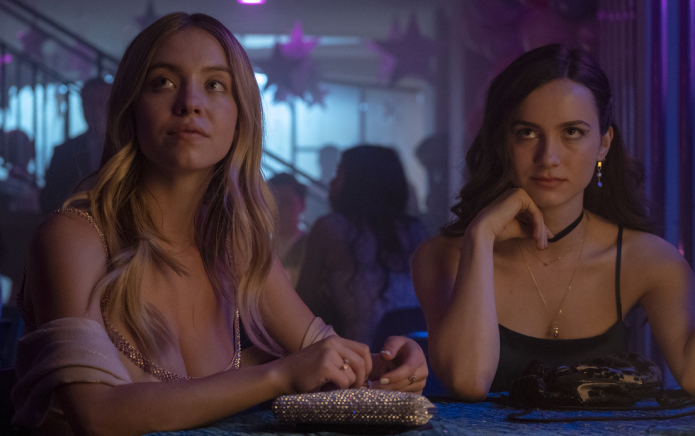
The show’s handling of the queer experience is a unique one. Much like each of the characters, the LGBTQ+ ones are no different; they are all guided by emotions, reactions and consequences as the teens muddled through challenging situations. For the most part, behaviours are neither endorsed nor advocated for, but the show walks a tight line of romanticising adult-like experiences. These moments -and Euphoria’s adoption of alluring camp sensibility- contributes to the show’s self-destructive universe, one which can influence and appeal to younger audiences. So, as we follow the characters (old and new) in their latest arcs, it’s not a question of positive queer representation, but one that has been authentically well done. Few other shows have lived up to the magnetism of Euphoria, even with similar themes e.g. Netflix’s Grand Army, Riverdale, and HBO Max’s Gossip Girl. The heart of the show, which boils down to solidarity and shared experiences, is gratuitous. HBO is fiercely self-aware of what it’s bringing to the table. Euphoria isn’t the only provocative teen hit. Remember Channel 4’s British drama Skins and Netflix’s dark comedy End of the F***ing World?
Euphoria’s trademark appeal is built on how it represents Gen Z life in an American suburb. It’s a show that tests the limits of both its audiences and characters. As Maddy puts it in the season two trailer: “There’s a difference between what you think you should want and what you actually want.” And, maybe, at the core of it all, this is as much Euphoria has to offer. With no end in sight and an ongoing cultural grip on audiences, nothing has quite cut as close to the show’s queerness and controversy. After taking two years to return, the hype for Euphoria hasn’t dissipated. With raving reviews and record viewing numbers, Euphoria has continued to honour the unfiltered Gen Z experience with no bounds. To put it simply, it’s a hit that isn’t going away.
